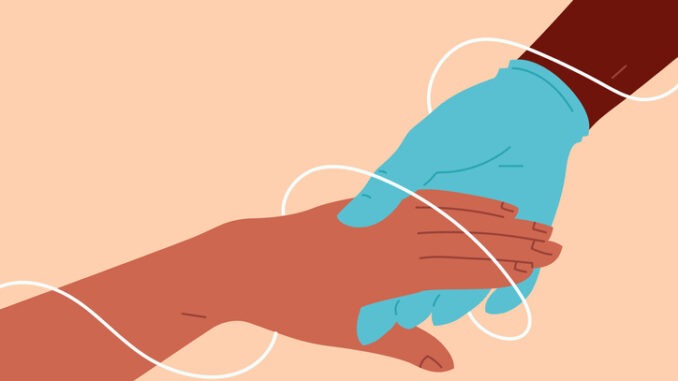
Helen Salisbury on why and how GP must help patients feel safe, even during times of great uncertainty
CREDIT: This is an edited version of an article that originally appeared on the BMJ
Recently I consulted with a satisfied patient. An unexpected abnormality had shown up on a blood test, and further tests at the GP surgery led to an urgent referral to a hospital clinic. The patient was seen within a few days, more tests were organised, and explanations given, with a promise of telephone follow-up and a treatment plan in 10 days. At a time of great difficulty, my patient told me she felt looked after and safe in the knowledge that the doctor was fully engaged with her case and care.
All doctors aspire to earn the trust of their patients and make them feel confident that all the right things are being done. However, this cannot always be the case; our ability to relieve suffering has its limits, but we should be able to reassure patients that we’ll do all we can.
In today’s NHS expectations seem to have fallen for some. The system, generally, still operates as it should, but the effects of underfunding and understaffing have increased delays in care.
The latest ambulance waiting times may lead people to feel less safe; patients wait an average of 51 minutes, against a target time of 18 minutes patients for help to arrive after a stroke or heart attack. Some areas have reports of nine-hour waits after a fall, and 13 hours before being seen on arrival at the emergency department.
We have fallen, but we must focus on how we can get up and reach a place where patients feel confident that the NHS will treat them quickly, safely, and effectively.


Be the first to comment